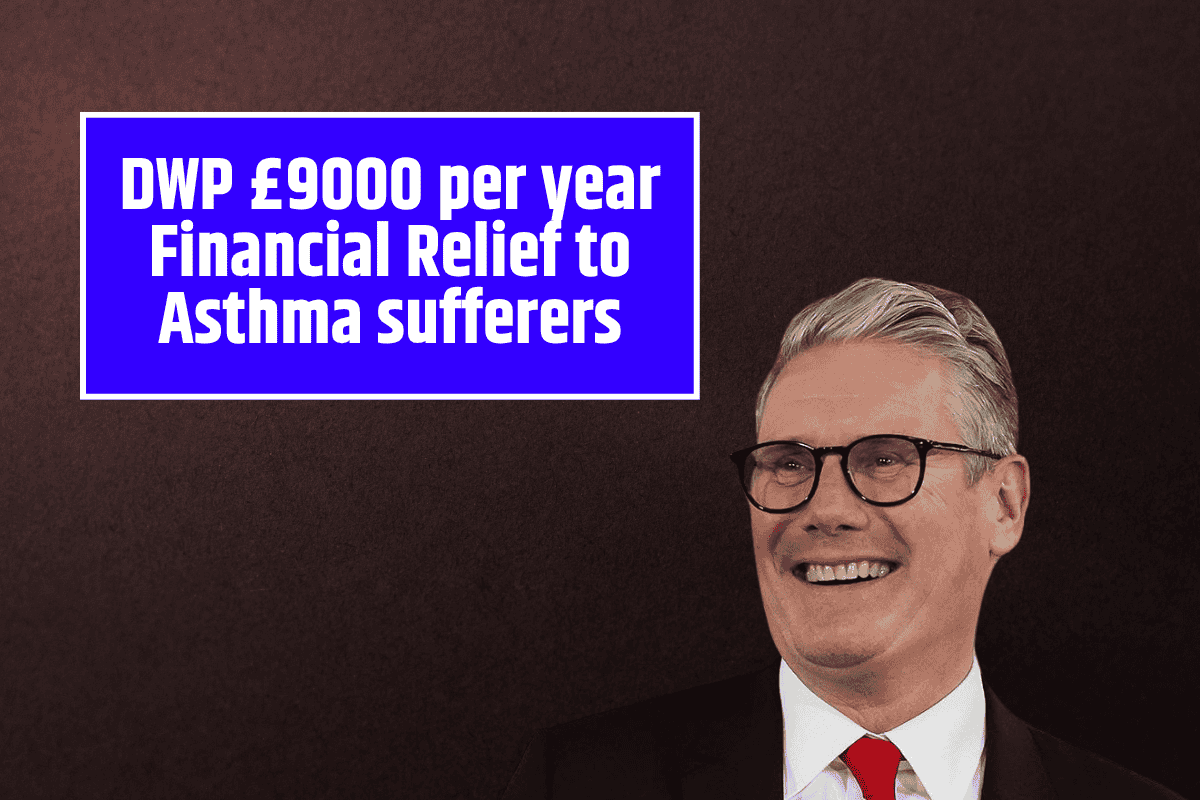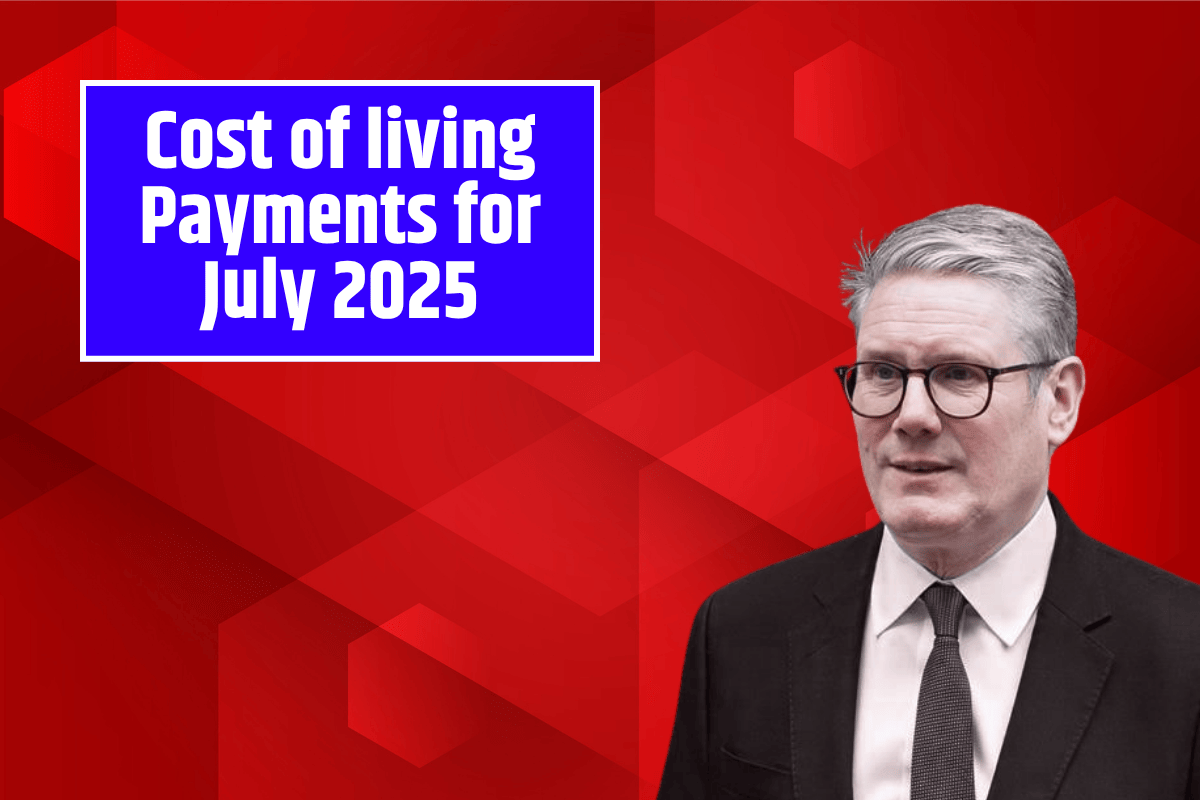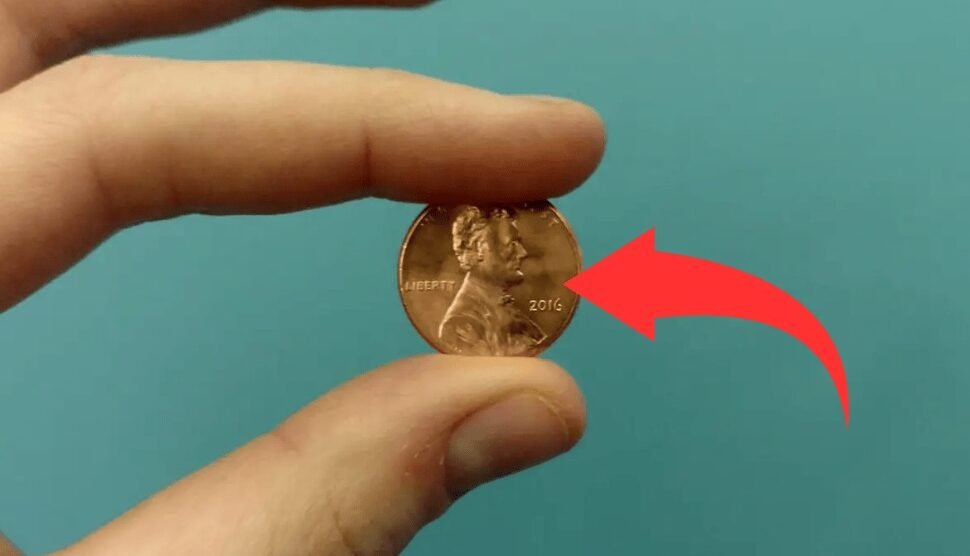If you are living with asthma or any other respiratory condition that impacts your daily life, you may be eligible for Personal Independence Payments (PIP) from the Department for Work and Pensions (DWP). PIP provides financial assistance to help with the costs of living and support for those with long-term health issues.
This article will explain how respiratory conditions like asthma and Chronic Obstructive Pulmonary Disease (COPD) can qualify you for PIP, the potential payment amounts, and how to apply.
What is Personal Independence Payment (PIP)?
Personal Independence Payment (PIP) is a non-means-tested, tax-free benefit designed to assist individuals who have a long-term illness, disability, or health condition that affects their ability to live independently. This includes a range of conditions, including respiratory issues such as asthma, COPD, and asbestosis.
PIP is made up of two components:
- Daily Living Component: Helps with the costs of daily living tasks like dressing, eating, and washing.
- Mobility Component: Provides support for individuals who have trouble getting around.
You could be eligible for one or both components, and the amount you receive depends on the level of care and support you need.
How Much Could You Receive from PIP?
PIP payments vary based on the level of care and support you need. For the 2025/26 financial year, the weekly payment amounts are:
- Daily Living Component:
- Standard rate: £73.90 per week
- Enhanced rate: £110.40 per week
- Mobility Component:
- Standard rate: £29.20 per week
- Enhanced rate: £77.05 per week
PIP is paid every four weeks, which means if you qualify for both the enhanced daily living and mobility components, you could receive up to £749.80 every four weeks. If you qualify for both the standard rates, you would receive £412.40 every four weeks.
Respiratory Conditions That Qualify for PIP
Several respiratory conditions qualify for PIP, provided that they impact your daily life and ability to get around. Some of these conditions include:
- Severe asthma
- Chronic Obstructive Pulmonary Disease (COPD)
- Asbestosis and pneumoconiosis
- Cystic fibrosis
- Pneumonia and bronchiectasis
- Sarcoidosis
- Sleep apnoea
- Pulmonary fibrosis
- Chronic bronchitis
- Emphysema
If you suffer from any of these conditions, and they significantly affect your ability to manage daily tasks or get around, you could be eligible for PIP. The DWP’s decision will depend on how these conditions affect you, not just the condition itself.
How to Qualify for PIP
To qualify for PIP, your condition must cause difficulties in day-to-day living or mobility for at least three months, with the expectation that these difficulties will continue for at least another nine months.
You also need to meet residency requirements, which include living in the UK for at least two of the past three years.
Some areas where your condition might affect your daily life include:
- Managing your medicines or treatments
- Moving around physically
- Talking, listening, or understanding
- Washing, bathing, and using the toilet
- Preparing food or eating
- Dressing and undressing
- Leaving your home or following a route
- Managing money and making decisions
If your condition impacts these areas, you may qualify for PIP. Terminally ill individuals are subject to different rules, and further information can be found on the Gov.uk website.
How to Apply for PIP
To apply for PIP, you must first contact the DWP to start a claim. You’ll need to provide details about how your condition affects your ability to manage daily living tasks or mobility.
Once your claim is accepted, you will be required to undergo an independent assessment, where a healthcare professional will determine your eligibility based on the evidence you provide.
The assessment can be carried out in person, over the phone, or by video call. The DWP uses this information to decide which level of support you require and how much financial assistance you may be entitled to.
Personal Independence Payment (PIP) is an essential support for individuals living with respiratory conditions like asthma, COPD, and other lung diseases. If your condition significantly impacts your daily life and mobility, you may qualify for financial assistance that can help ease the burden of additional costs.
Ensure that you check your eligibility and apply for PIP, as it can provide vital support for maintaining independence and managing your condition.
FAQs
What is Personal Independence Payment (PIP)?
Personal Independence Payment (PIP) is a government benefit that helps individuals with long-term health conditions, disabilities, or illnesses like asthma and COPD. It supports those who need help with daily living tasks or mobility, allowing them to maintain their independence.
How much can I receive from PIP for asthma or COPD?
For asthma or other respiratory conditions, PIP payments range from £29.20 to £187.45 per week, depending on the level of care and mobility you require. This can total up to £749.80 every four weeks if you qualify for both the enhanced daily living and mobility components.
What respiratory conditions qualify for PIP?
Respiratory conditions like severe asthma, Chronic Obstructive Pulmonary Disease (COPD), cystic fibrosis, asbestosis, and pulmonary fibrosis qualify for PIP if they significantly impact your daily life and mobility.
How do I apply for PIP?
To apply for PIP, contact the DWP to start your claim. You’ll need to provide information about how your respiratory condition affects your daily living and mobility. Following that, you’ll undergo an independent assessment to determine your eligibility.
How is PIP assessed?
PIP is assessed based on how your condition affects your ability to perform daily tasks and get around. You will need to undergo an independent assessment, and the final decision will be based on all the evidence provided.













I can’t get pip because I’m over 66 retired